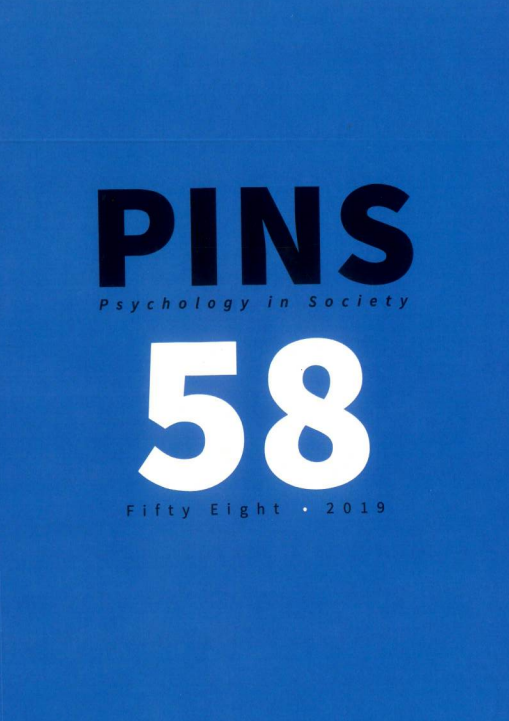Troubling whiteness: A critical autoethnographic exploration of being white in the context of calls for the decolonization of higher education
DOI:
https://doi.org/10.57157/pins2019Vol58iss1a6048Keywords:
decolonisation, African Psychology, higher education, whiteness, identity politicsAbstract
The context of higher education in South Africa continues to be a racialised space despite its transition from Apartheid to democracy in 1994. This article reports on a critical autoethnographic study that uses reflexive memory work to explore how the author can continue to position herself and practice as an educator within this current context of higher education. The central argument of the paper is that complex forms of identity politics and white fragility heighten a tendency for white people to respond with ‘injurious’ self-defensiveness when their whiteness is called out. Such responses are counter-productive to finding constructive ways of positioning oneself as a white person in the ongoing and wider project of decolonising higher education in South Africa. A process of critical reflectivity, mediated by a range of theoretical insights, enabled the author to work with her own white fragility and move beyond a limited defensiveness towards a position that allowed her to acknowledge her on-going whiteness while envisioning more constructive ways of being a white educator in the current South African context.
Downloads
Downloads
Published
How to Cite
Issue
Section
License
This journal is an open access journal, and the authors' and journal should be properly acknowledged, when works are cited.
Authors may use the publishers version for teaching purposes, in books, theses, dissertations, conferences and conference papers.
A copy of the authors’ publishers version may also be hosted on the following websites:
- Non-commercial personal homepage or blog.
- Institutional webpage.
- Authors Institutional Repository.
The following notice should accompany such a posting on the website: “This is an electronic version of an article published in PINS, Volume XXX, number XXX, pages XXX–XXX”, DOI. Authors should also supply a hyperlink to the original paper or indicate where the original paper (http://www.journals.ac.za/index.php/pins) may be found.
Authors publishers version, affiliated with the Stellenbosch University will be automatically deposited in the University’s’ Institutional Repository SUNScholar.
Articles as a whole, may not be re-published with another journal.
The copyright of the article(s) lies with the author(s).
The copyright of the journal lies with PINS-psychology in Society.
The following license applies:
Attribution CC BY-NC-ND 4.0 - https://creativecommons.org/licenses/by-nc-nd/4.0/

